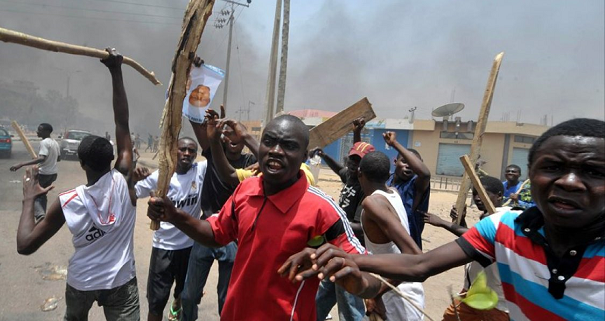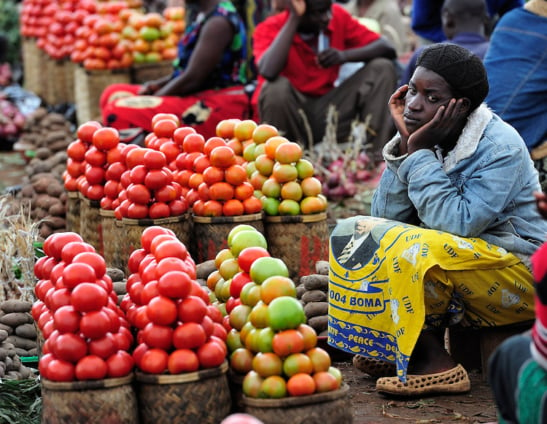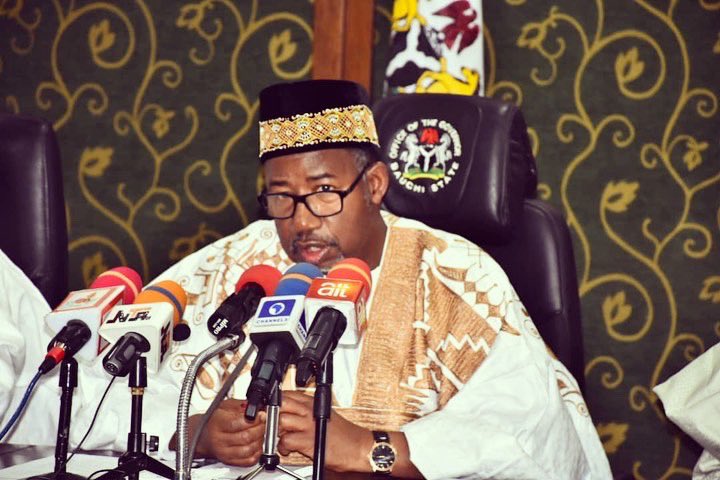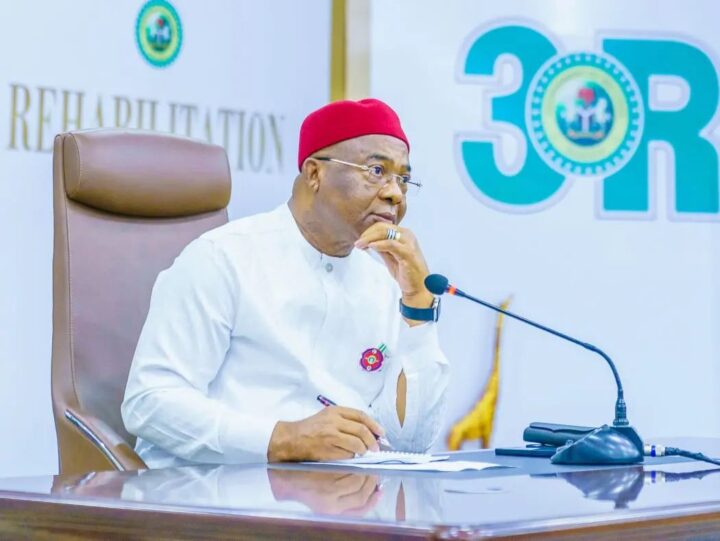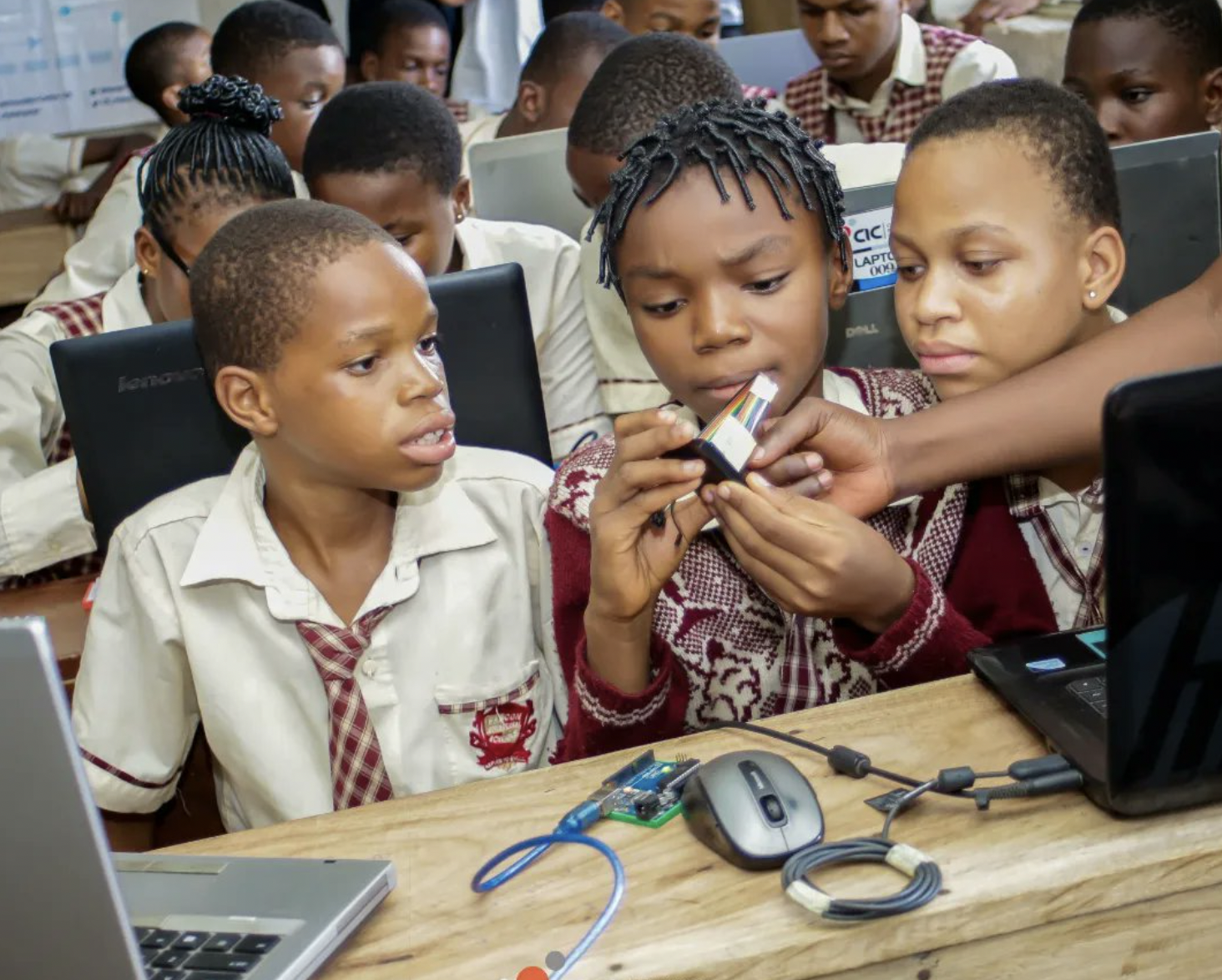BY HASSAN OLALEKAN SHERIF
“There is no grievance that is a fit object of redress by mob law” – Abraham Lincoln
Today, I read a report which made me shudder with real fear. It was the work of a risk assessment and intelligence-gathering platform called SBM Intelligence. The report, deeply concerning and unsettling, released sometime in May 2022, graphically depicted what the numbers say about the rate of mob action in Nigeria, circa 2019 to 2022. To say that what I read was alarming is to put it quite mildly. It depicted horror, bloodletting, and most definitely, what any serious country that values the lives of its citizens, should not be.
According to the SBM Intel report, between January 2019 and May 2022, there were a staggering 279 incidences of mob violence in Nigeria which claimed the lives of 391 people. I was just alarmed and dumbfounded — 391 people gone and in less than 4 years!
Advertisement
The SBM Intel report also claimed that out of the 391 deaths within the period under review, the southern region had the majority, with 223 deaths. Additionally, the report identified two of the bloodiest incidences of mob action in the northern region. The first occurred in Majifa, Kankara local government area of Katsina state, where residents were reported to have lynched bandits who had previously attacked them in 2021, resulting in the death of 33 individuals. The second incident took place in Tangaza local government area of Sokoto state in September 2021, where 13 people were killed after residents tracked down and killed bandits.
The SBM Intel report further identified that the southern region of Nigeria had a higher frequency of mob actions, with 197 out of the 279 reported incidences within the period under review. The northern region, on the other hand, recorded only 82 incidences during the same period. The report stipulated that the southern region, where lynching was more likely to occur and more likely to be motivated by economic reasons, was more dangerous than the northern region in terms of mob violence.
But that is not all! Just recently in April 2023, Okolie Arinze, a 500-level civil engineering student of Obafemi Awolowo University was reportedly mobbed by some students resident inside Awo Hall over an alleged phone theft. He was sadly, and as with most cases of mob violence, pronounced dead on getting to the hospital. Additionally, and even more recently, on Sunday, June 25, 2023, a man, identified as Usman Buda Mai Hanji, was reportedly killed in Sokoto State over an alleged blasphemous comment against the holy Prophet Muhammad (SAW).
Advertisement
I find these statistics and realities, to say the least, very shocking, shattering, upsetting, and disheartening. I am particularly not concerned with keeping score of which regions had more incidents. For me, it was simply deeply saddening that lives have been lost through extra-judicial and unconstitutional means and no end seems to be in sight.
I know, in a bid to rationalize and make the illogical seem logical, many will probably say, “Haven’t the bandits killed? Haven’t they maimed, plundered, and brought immense grief and sorrow to numerous families?”. I know others will probably say, “Are they, not thieves, pickpockets, and kidnappers?”. While I do question the validity of these claims and assertions for most victims of mob violence, I consider it more important to state that caution must be exercised and the constituted authorities allowed to carry out their duties within the confines of the law. We cannot afford to become a society driven by savagery, as two wrongs can never make a right.
It is undeniably a dangerous trend for individuals to determine, without the benefits of a fair trial, who should live and who should die, and all these, in a fit of rage. There is a profound reason why the doctrine ascribed to William Blackstone, as far as 1769, states that “the law holds that it is better that 10 guilty persons escape than that one innocent suffer.” This principle underscores the fundamental value placed on protecting the rights of individuals and preserving and protecting the innocence of the same within a legal system. It emphasizes the importance of ensuring that justice is served fairly and that the risk of punishing an innocent person is minimized, even if it means some guilty individuals may go unpunished. This principle serves as a reminder of the critical balance between upholding the rule of law and safeguarding the rights and freedoms of all individuals. The grandiose reason d’etre for this must not be lost on us.
The dangers of an uncurbed scourge of mob action stare us in the face. While sometimes born out of frustration or a desire for immediate justice, it can, and if unchecked will, perpetuate a cycle of violence and more violence. It will butcher and undermine the principles of justice, and fairness, and eventually erode rule of law. It will undermine social cohesion, threaten peace and stability, and hamper the development and progress of a nation. Indeed, every life lost should be a tragedy!
Advertisement
Truly, in any functioning legal system, the determination of guilt and punishment for same, should only be left to the appropriate authorities such as law enforcement agencies and the judiciary. While I know our law enforcement agencies are not exactly the best examples of how law enforcement should be run, I know of no better alternative. It is either them or the risk of outright anarchy and I choose the former while hoping for improvements. As Mark Twain said in one of my favourite quotes, “continuous improvement is better than delayed perfection”.
It is important to recognize that this is a wake-up call. The government must do more, and intentionally so. We must invest in effective law enforcement, intelligence gathering, and swift prosecution of persons suspected to have partaken in acts of mob violence. We must also, and very urgently at that, address the underlying causes that lead to such incidents of mob action. We must address socioeconomic disparities. We must strengthen community-police relations, and ensure the concept of justice is not alien, or only for the privileged select few. Public awareness campaigns, community engagement, and education can play a significant role in promoting peaceful conflict resolution and non-violent alternatives. We must foster a culture of dialogue, tolerance, and respect for the rule of law. By raising awareness, supporting initiatives, and demanding accountability, we can collectively work towards a safer and more just society.
Ultimately, the preservation of human life and the protection of individual rights should be paramount. Striving for a society where the rule of law is upheld and where justice is served through proper legal channels is crucial. There must be an end to this mad cycle of killings and deaths.
How many more lives are enough for us to recognize and act upon these imperatives?
Advertisement
Hassan Olalekan Sherif, Esq, can be reached via [email protected]
Advertisement
Views expressed by contributors are strictly personal and not of TheCable.
Add a comment
